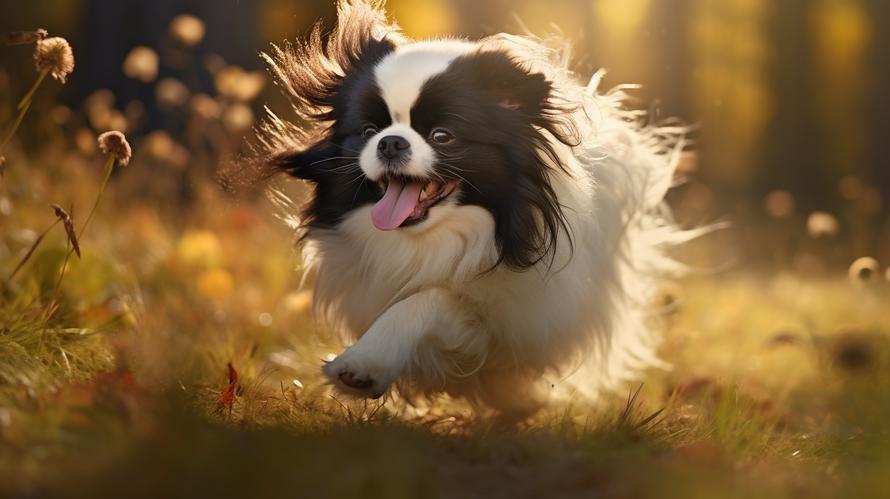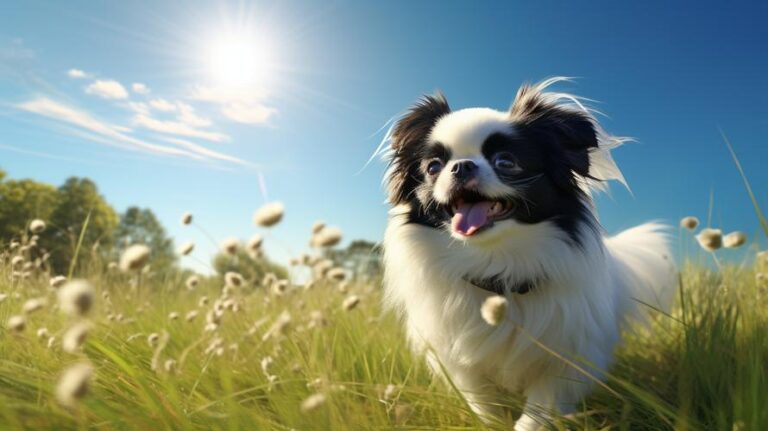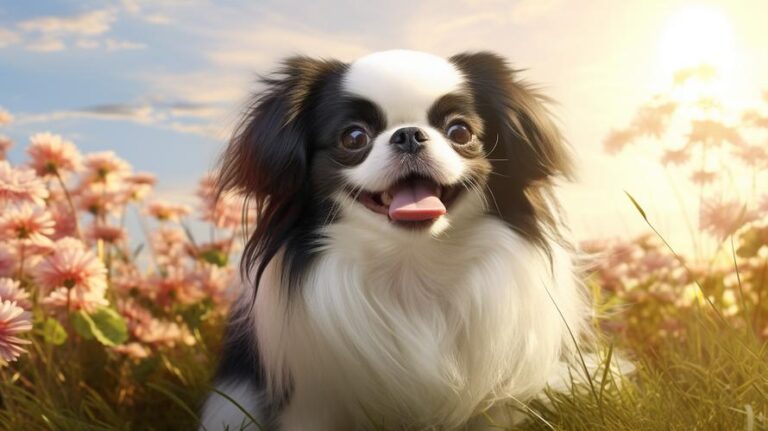Imagine owning a tiny, cute Japanese Chin, adorning your life with bundles of joy and love daily. Yet, the little paws make you ponder: what food is best for my darling pet? Every pet owner has asked this question and often, diet is a critical factor that determines the health and longevity of your pet. As most dog owners claim, “a healthy pet is a happy pet.” So, let’s find out the best fruit for a Japanese Chin.
Before we dive into details, it’s crucial to note a word of caution. Although fruits are generally healthy, not all fruits are safe for your furry friend. Some may contain elements that could be harmful to your pet. That said, moderation is key. Even the safest fruits should only make up about 10% of your Japanese Chin’s daily caloric intake.
But why fruits? Fruits carry essential vitamins, minerals, and fibers which can help to ward off diseases. They are also brilliant alternatives for commercial dog treats often packed with unhealthy additives. Besides, introducing fruits in your pet’s diet can bring welcome changes to their monotonous meal plans.
Let’s now extract the “cream of the crop” from the vast variety of fruits existing in the world.
In the realm of fruits, apples emerge victoriously for a Japanese Chin. Apples are like the superheroes of the fruit world for these adorable dogs. They are a rich source of Vitamins A and C, and also dietary fiber. Plus, they’re low in protein and fat, making them the perfect treat for senior dogs.
However, remember to remove the seeds and core before giving apples to your pet. Apple seeds contain cyanide, which can be harmful to your dog if ingested in large quantities.
Bananas are next in line on our hit list. They are packed with potassium, vitamins, biotin, fiber, and copper. They are low in cholesterol and sodium, but they do have a high sugar content. So, the key is to use bananas as a special treat, not as a regular part of your Chin’s diet.
Blueberries are another winner in the canine world. They are a superfood rich in antioxidants, which prevent cell damage in humans and canines alike. This small fruit is packed with fiber and phytochemicals as well. They make a perfect training treat due to their size, and they’ll give your pup a sweet, juicy reward without many extra calories.
Oranges can be a sweet, juicy delight for your Japanese Chin too. They are an excellent source of Vitamin C, potassium, and fiber. However, these citrusy fruits should be served in moderation. Dogs’ bodies don’t require as much Vitamin C because they can produce their own. Eating too much citrus can upset your dog’s digestive tract, causing an upset stomach.
Watermelons are excellent fruit treats for your pet during the summer season. They consist of 92% water, making them excellent for hydration. They are also low in calories and a good source of vitamins A, B6, and C, and potassium.
You can also consider pears for your furry friend. Pears are a good source of fiber and are also packed with essential vitamins like Vitamin C and K. Do remember to remove the pit and seeds before feeding pear to your pet.
Remember, fruits should only complement your Chin’s primary diet. Be cautious of any signs of discomfort or allergies when introducing new food into your pet’s diet and seek immediate veterinary advice if observed.
Care for your Japanese Chin, and they will return you tenfold the love and loyalty you pour on them. Feeding them healthy and safe fruits is one of the many ways you can show your love for your pet. Because at the end of the day, a healthy dog is a happy dog and eventually, a happy you! So let’s go ‘bananas’ ensuring the best for our furry friends!
And remember, “The road to a pet’s heart is paved with good nutrition!”



